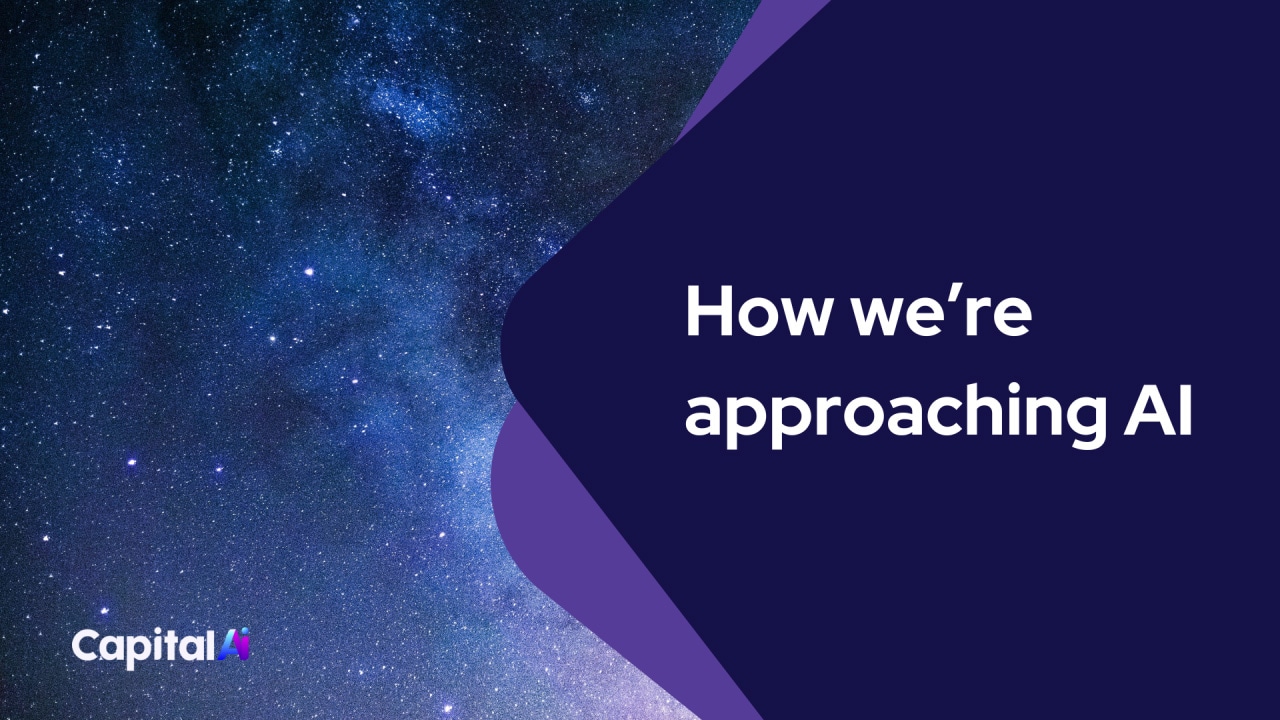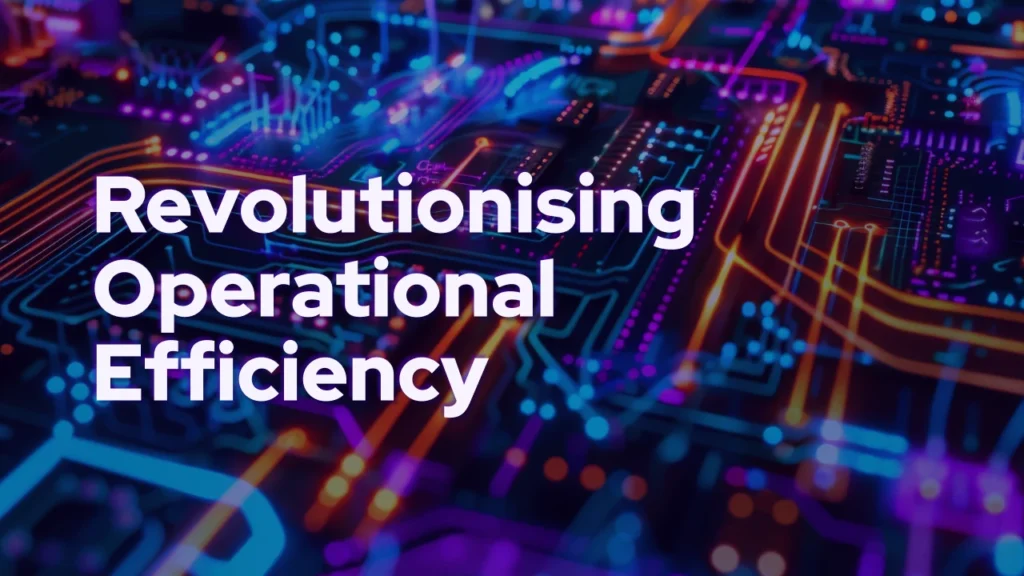While artificial intelligence has huge potential, getting caught up in all the generic talk about it is easy. I’ve noticed that the market is flooded with generic AI solutions and information, which creates big challenges for businesses in all sorts of industries. I get it though – AI is such a broad topic, I could talk about it for days. I’d like to share how we’re approaching artificial intelligence at CapitalAI.
I see artificial intelligence as just a tool – a powerful one, no doubt, but still just a tool. It’s up to the developers and creators to apply it in a way that solves real business problems.
That’s because decision-makers aren’t just interested in fancy marketing terms; they want solutions that address their challenges. The key question on their mind is: what business problems can only be solved by AI? Once we identify those, how do we leverage existing technology – whether it’s information technology or operational technology – to advance and incorporate AI?
Aggregating quality data
This leads me to another crucial aspect to consider – data. Artificial intelligence heavily relies on data. Having the right infrastructure and capabilities to collect, clean, and parse data is essential. Once the data is in a usable state, the next step is determining the best type of AI for the specific business problem at hand. Is it a prediction model for forecasting inventory? Or perhaps a quality assurance model? Maybe it’s a generative industrial AI that operators can query for insights.
However, even before diving into specific AI solutions, we need to recognise that most operational technology (OT) equipment already collects some form of data. The challenge lies in extracting meaningful insights from this data – something that even the smartest group of engineers might miss. THAT is where AI truly adds value. It helps us uncover insights and solutions that would otherwise be difficult or impossible to discover manually.
Contextualisation of data
Not only is being able to pull insights from data important, but we’ve also realised that data without context is meaningless. Knowing the backstory behind each data point is crucial. It’s about turning raw numbers into actionable insights.
Something that has really stuck with me is the concept of “rubbish in, rubbish out.” Essentially, it highlights the importance of contextualising data to build effective solutions. Without proper context, data is just a jumble of ones and zeros – meaningless and unusable. That’s why understanding the information we’re working with is crucial before diving into AI systems and solutions.
Another critical consideration that organisations should keep in mind is the state of their data. How clean is it? Whose data is it? Do you have customer data stored within? These are all essential questions to address.
Before diving into AI implementation, it’s crucial to lay the groundwork by understanding the nature of the data you possess. This includes assessing its sensitivity, determining ownership, and categorising it accordingly. Failure to do so could result in unintended consequences, such as inadvertently using someone else’s data, which may have copyright or intellectual property issues attached to it.
Contextualising data isn’t just a one-time task – it’s an ongoing process. In one instance, we encountered issues with data format and organisation, prompting the need for a separate solution just to ensure the data could be fed into the model effectively.

The importance of Subject Matter Experts
Involving subject matter experts (SMEs) and real people in the AI implementation process is also absolutely crucial. Sure, you can have all the data science expertise and technical prowess in the world, but without the insights and domain knowledge from those who understand the industry inside out, it’s almost impossible.
A recent project we’re working on with a major manufacturer sought to leverage AI to monitor their internal processes involving liquids. Now, while we have the technical capabilities, diving into this without understanding the intricacies of their operations would be a shot in the dark. That’s why it was important for us to collaborate closely with process control engineers and SMEs who know the industry like the back of their hand.
Actionable insights with AI
Another key aspect is the transition from artificial intelligence providing insights to actually taking actions. Imagine an AI system flagging a potential issue like high temperatures in a pipeline. If it’s a false positive or an inaccurate decision, the consequences could be significant – loss of revenue, operational disruptions, or worse.
So, building a reliable model that ensures every decision it takes is the correct one becomes non-negotiable.
As we strive to implement reliable AI solutions, our focus is on partnering with businesses to ensure the generation of quality data. We’re excited about the solutions we’re developing and the opportunity to collaborate with a diverse range of businesses.



